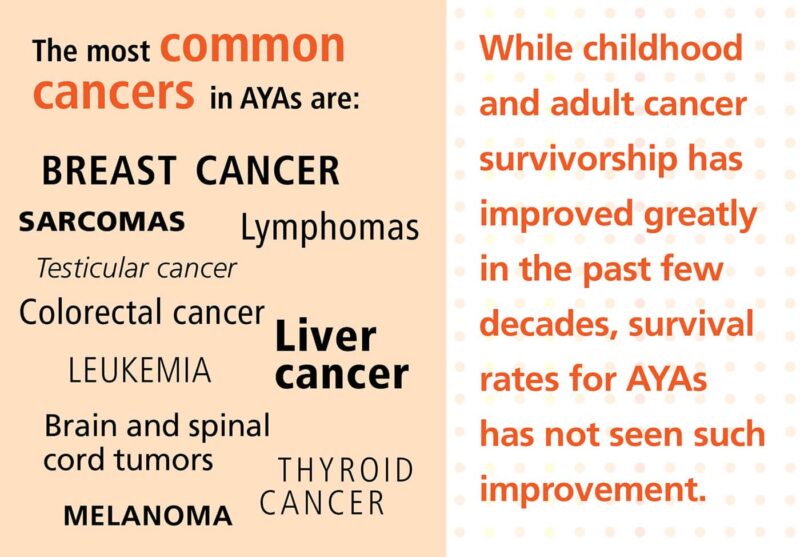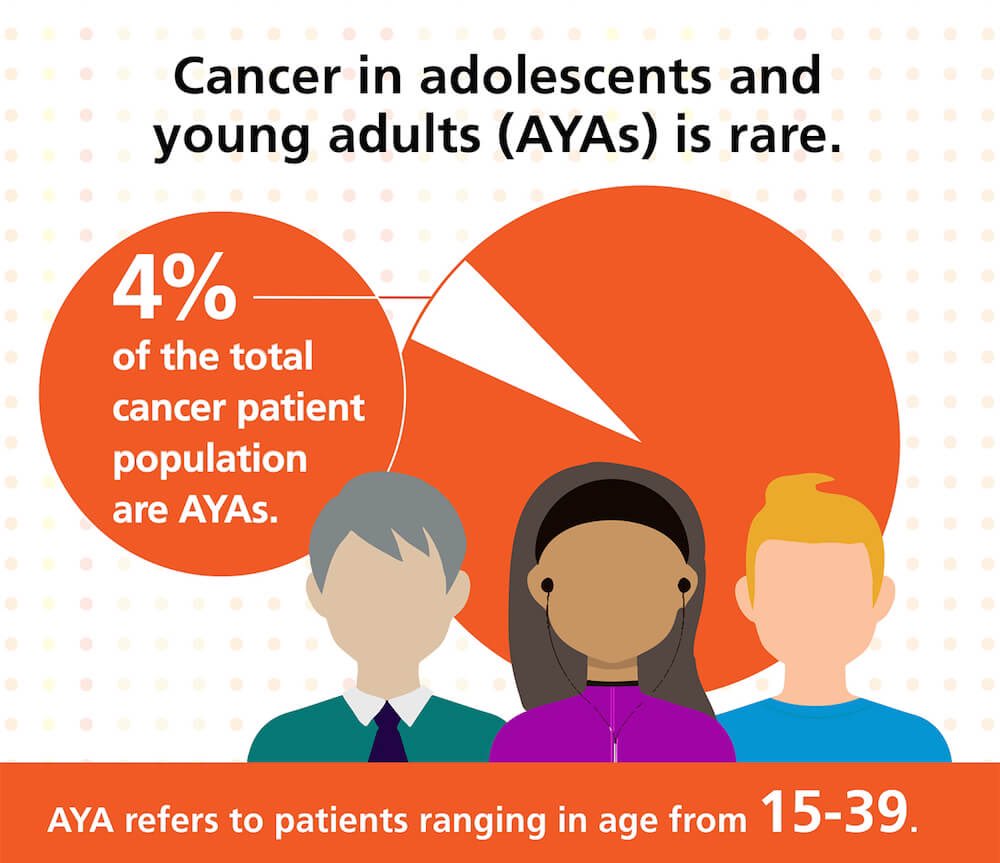Shahrin Ahmed, Medical Specialist at the Canadian Cancer Society, shared on X:
“More young people are being affected by cancer than ever before – As defined, adolescents and young adults (AYAs) are individuals who are diagnosed with cancer while being between the ages of 15 and 39.
The number of cancer diagnoses in this age group in Canada has increased by almost 8,300 each year, or one AYA diagnosed every 65 minutes.
Adolescents and young adults experience unique medical and psychosocial complexities that are not well understood and supported. These age groups often have unique needs that are not met by cancer care systems.
It is understood that cancer has a different impact on adolescents and young adults than on children or older adults. Young adult cancer is only one-fifth of all cancer research funding. Young adults’ cancers are distinct from those of children and older adults in many ways.
Subtypes are frequently distinct, exhibiting diverse biology and tumor genetics, and are more likely to be related to hereditary cancer syndromes than in other population groups. The behavior and response of cancers can be different when treated.
According to the American Cancer Society– Blood cancers such as leukemia and lymphoma and thyroid cancer and testicular cancer are the most common cancers among individuals in their 20s.
Breast cancer and melanoma are the most common cancers for individuals in their 30s. Colon and rectal cancer are both common diagnoses.
A pediatric oncologist is the best option for the young adults to treat cancer that is typically found in children and adolescents, like brain tumors, leukemia, osteosarcoma, and Ewing sarcoma, in young adults.
For example- Young adults who have acute lymphoblastic leukemia (ALL) are more likely to achieve better results when treated with pediatric-type protocols that are more intensive.
Cancer Treatment Choice- can be performed by following steps
- The type of cancer
- How advanced the cancer is, including its stage or grade
- Biomarker and genetic test results for some types of cancer
- Your age and overall health
- Personal preferences – Chemical therapy, immunotherapy, radiation therapy, stem cell transplants, surgery, and targeted therapy are some of the common treatments.
Being diagnosed with cancer can lead to isolation from loved ones who may not comprehend your situation. When you’re a young person, you may feel like you’re losing your independence while you already have it.
It’s crucial to comprehend the requirements of young cancer patients. The needs of AYAs with cancer are being met by a growing number of organizations.
Young people can connect with peers who are experiencing similar things thanks to some organizations.
There are others who discuss subjects like coping, fertility, and survivorship.”

Source: Shahrin Ahmed/X


